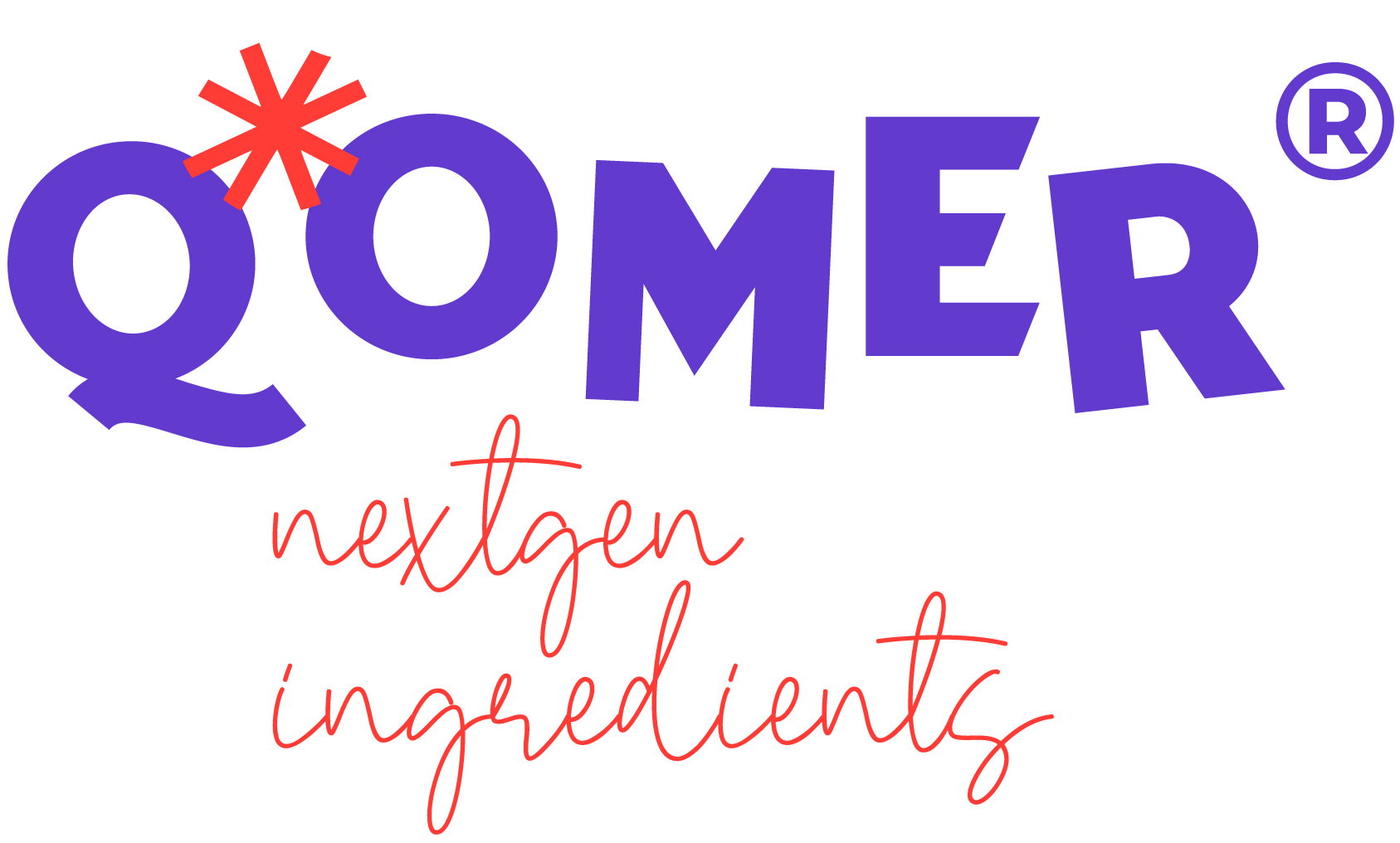



Q'omer BioActive Ingredients S.L.

Valencia, Spain
January 2022
Food products
Wholesale/Retail
Spain
Q'omer BioActive Ingredients es una "Empresa de Impacto Social y de Base Tecnológica" que, basada en un Modelo de negocio Sostenible e Inclusivo, provee Ingredientes Naturales y Sostenibles ideales para la elaboración de alimentos, bebidas, cosméticos y complementos alimenticios innovadores, destinados a la salud y la promoción del bienestar de las personas. Para Q'omer, los mejores ingredientes nacen de la mejor selección en los países de origen. Décadas de trabajo en las mejores zonas productoras del planeta junto, a una búsqueda permanente, permiten elegir muy bien, de donde obtener los Ingredientes Naturales y Sostenibles Q'omer. Q'omer ha desarrollado una metodología propia que se apoya en la investigación científica y la aplicación de la biotecnología, con las que valida la calidad y eficacia de sus ingredientes, ofreciendo el máximo nivel y calidad de componentes bioactivos naturales. Los principios fundacionales de Q'omer, exigen que su actividad empresarial sea respetuosa y sostenible a nivel social, económico y medioambiental; y que al mismo tiempo sea partícipe en el desarrollo y uso de conocimiento. Los Ingredientes Naturales y Sostenibles Q'omer son: Aceites y Mantecas, Polvos y Harinas, Granos y Semillas, y Extractos Botánicos.
Overall B Impact Score
Governance 12.5
Governance evaluates a company's overall mission, engagement around its social/environmental impact, ethics, and transparency. This section also evaluates the ability of a company to protect their mission and formally consider stakeholders in decision making through their corporate structure (e.g. benefit corporation) or corporate governing documents.
What is this? A company with an Impact Business Model is intentionally designed to create a specific positive outcome for one of its stakeholders - such as workers, community, environment, or customers.
Governance 12.5
Governance evaluates a company's overall mission, engagement around its social/environmental impact, ethics, and transparency. This section also evaluates the ability of a company to protect their mission and formally consider stakeholders in decision making through their corporate structure (e.g. benefit corporation) or corporate governing documents.
What is this? A company with an Impact Business Model is intentionally designed to create a specific positive outcome for one of its stakeholders - such as workers, community, environment, or customers.
Workers 17.5
Workers evaluates a company’s contributions to its employees’ financial security, health & safety, wellness, career development, and engagement & satisfaction. In addition, this section recognizes business models designed to benefit workers, such as companies that are at least 40% owned by non-executive employees and those that have workforce development programs to support individuals with barriers to employment.
Community 28.4
Community evaluates a company’s engagement with and impact on the communities in which it operates, hires from, and sources from. Topics include diversity, equity & inclusion, economic impact, civic engagement, charitable giving, and supply chain management. In addition, this section recognizes business models that are designed to address specific community-oriented problems, such as poverty alleviation through fair trade sourcing or distribution via microenterprises, producer cooperative models, locally focused economic development, and formal charitable giving commitments.
What is this? A company with an Impact Business Model is intentionally designed to create a specific positive outcome for one of its stakeholders - such as workers, community, environment, or customers.
Environment 24.7
Environment evaluates a company’s overall environmental management practices as well as its impact on the air, climate, water, land, and biodiversity. This includes the direct impact of a company’s operations and, when applicable its supply chain and distribution channels. This section also recognizes companies with environmentally innovative production processes and those that sell products or services that have a positive environmental impact. Some examples might include products and services that create renewable energy, reduce consumption or waste, conserve land or wildlife, provide less toxic alternatives to the market, or educate people about environmental problems.
Customers 2.6
Customers evaluates a company’s stewardship of its customers through the quality of its products and services, ethical marketing, data privacy and security, and feedback channels. In addition, this section recognizes products or services that are designed to address a particular social problem for or through its customers, such as health or educational products, arts & media products, serving underserved customers/clients, and services that improve the social impact of other businesses or organizations.